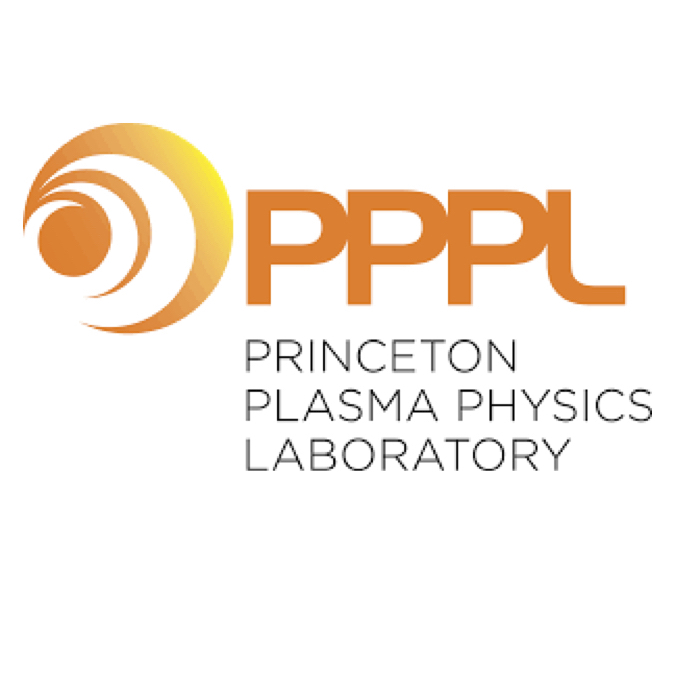Estimation of the Electron Temperature Profile in Tokamaks Using Analytical and Neural Network Models
S. Morosohk, A. Pajares and E. Schuster
American Control Conference (ACC)
Atlanta, Georgia, USA, June 8-10, 2022
|
Abstract
|

|
Generating energy from nuclear fusion in a toka-
mak may highly benefit from precise control of both kinetic
and magnetic spatially-varying properties of the plasma (hot
ionized gas where the fusion reactions take place). The spatial
dependence of a plasma property, from the core to the edge of
the plasma, is referred to as profile. Many control algorithms
being developed require accurate, real-time knowledge of the
plasma space-dependent state. However, many of the diagnostics
used to measure the plasma state provide data that can
be noisy or require significant post-processing. Within this
context, an observer has been developed using an extended
Kalman filtering approach for the electron temperature profile.
The model employed by the observer uses a combination of
analytical components and trained neural networks to generate
as accurate of a prediction as possible while working within
real-time calculation constraints. Such neural networks provide
high accuracies, fast calculation times, and wide applicability. In
addition, with only two diagnostic measurements at different
spatial locations, the observer is able to estimate the entire
electron temperature profile. Simulation results show that the
observer can correctly estimate this profile despite significant
discrepancies in the initial electron temperature profile and
relatively high levels of noise. After its implementation in the
plasma control system of the DIII-D tokamak, this observer
may be able to provide valuable information on the electron
temperature to a variety of present and future controllers.








